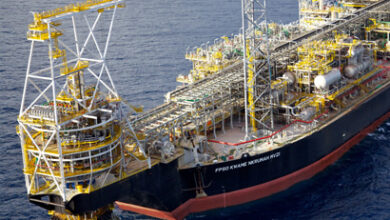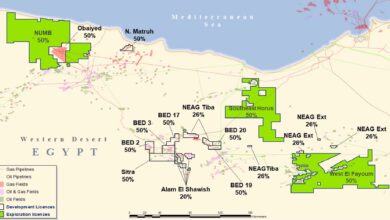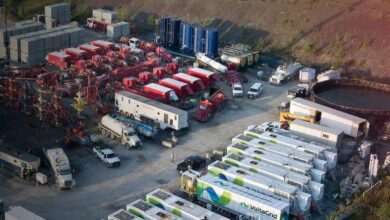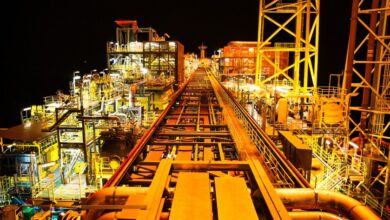NRG competition provides forum for connecting top students, industry leaders
By Katie Mazerov, contributing editor

Who will solve the energy challenges of today and tomorrow? To a great degree, that mission will fall to the next generation of oil and gas industry professionals, just now coming of age. About 60 of the best and brightest of these students competed in the NRG Battle – World Edition, a competition held in conjunction with the World Gas Conference (WGC), 4-8 June in Kuala Lumpur, Malaysia. The event is hosted by The Talent Agency (TTA) World, an organization aimed at ensuring human resources for a sustainable future.
Divided among 11 teams, each sponsored by a company, the students came together from all areas around the globe, providing diverse points of view to find answers and solutions to challenges facing the natural gas industry. Topics included ways of getting stranded gas to market, promoting natural gas for transportation and converting biomass into fuel. They were selected by the companies from a pool of 3,000 undergraduate, graduate-level and PhD students from top universities around the world.
The idea behind the event is that the industry needs to engage early on with students to provide for future recruitment needs and to help students understand the importance of addressing energy issues. “These students are not only very sharp, they will become the influencers in the industry, academia and government,” said Luis Pinto, natural gas advocacy communications manager for Royal Dutch Shell, a major sponsor of the WGC and of four teams vying in the competition. “This event was about getting these students to think in-depth and be innovative in coming up with ideas to meet practical issues the industry is facing.”
Each team was given a question or issue to solve. For the Shell teams, the challenges were:
- Develop a compelling value proposition for offshore liquefied natural gas (LNG) development;
- Determine ways to get stranded natural gas to market;
- Safely, efficiently and competitively place LNG as a new fuel in the downstream (transportation) market;
- Devise a strategy for a government to gain public support for difficult energy infrastructure decisions that would work in the modern context. In the case, the team examined ways the US government could advocate for broader use of natural gas in the US.
A collaborative process
Students were given their topics a week or two before the competition, then brainstormed for four days. Shell experts met with each team individually to provide guidance. “It was a very collaborative, interactive process,” Mr Pinto said, noting the experience was so positive that Shell would like to continue the conversation with the team members and with students not selected for the event.
The participants represented various disciplines and presented solutions that ranged from technology to marketing. Roughly half of them were from undergraduate programs. The other half was made upof graduate students, including law school students and Master of Business Administration (MBA) candidates, and PhD students.
The winning team, sponsored by a biofuels firm in The Netherlands, presented a solution for marketing the concept of converting biomass (a biological material for living, or recently living, organisms) from cows into biofuel, as a way of offsetting carbon footprint. “The idea is that people would offset their use of oil or diesel by purchasing a cow and using the cow’s byproduct for bio-methane,” Mr Pinto explained.
In addition to the NRG Battle, Shell sponsors annual eco-marathons that challenge university and high school students from around the world to build and test ultra energy-efficient vehicles. The winners are the teams that can go the farthest using one liter of fuel, whether it be gas, diesel or ethanol. To date, the competitions have been held in the Americas, Europe and Asia.




